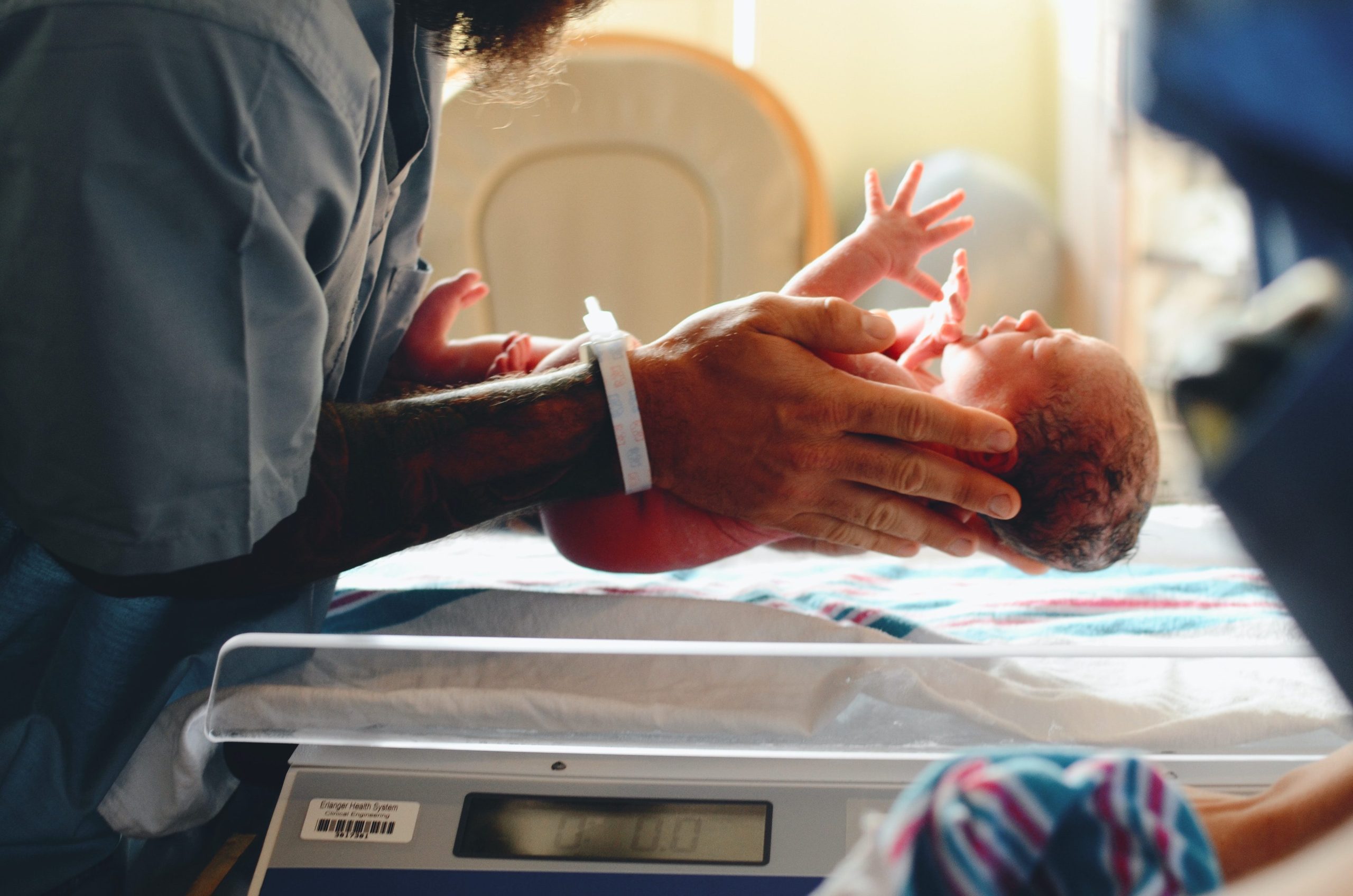.
What Is Birth Trauma?
July 19th, 2023 marks the beginning of Birth Trauma Awareness Week. Birth trauma is a way of describing the trauma that can occur following childbirth. This trauma might be clinically diagnosable as post-traumatic stress disorder (PTSD for short). Alternatively, it might not fall within the clinical range but still be very challenging and share many symptoms with PTSD.
Birth trauma sometimes gets misdiagnosed as post-natal depression (PND). However, the two conditions are very different. If you’re feeling low following childbirth but think it might be due to difficult circumstances at the time of birth, speak with your doctor, midwife or mental health professional. They will support you to make sure you have the diagnosis you need.
Why Does Birth Trauma Happen?
This form of trauma is thought to have the same causes as PTSD. This is likely to be due to an error in memory storage during a traumatic event. We usually give a linear narrative structure to situations we experience, so they have a definite beginning, middle, and end. This structure enables us to commit the events to long-term memory as something that occurred in the past.
However, due to the intensity of the emotions, our brains are often unable to process an event normally at the time of trauma. This results in our memories lacking a clear narrative and means they don’t get neatly stored away. Instead, the memories become fragmented. Therefore we re-experience the event as if it was happening in the present. We may also have other symptoms such as low mood or anxiety as our brains work overtime to try to process the trauma.
Who Experiences This?
People can develop birth trauma or PTSD symptoms after experiencing, witnessing, or learning about traumatic events. Sometimes these events will have been life-threatening or resulted in injury. Childbirth is an example of an event that may lead to PTSD or trauma symptoms as it can result in a medical emergency and complications such as an unplanned cesarean, blood loss, and even the fear of death.
Anyone impacted by a traumatic birth can experience birth trauma. This can include the person giving birth, partners, family, friends, and also medical professionals involved in their care. Birth trauma doesn’t only affect one group of people. Anyone from any background at any point in their lives can experience PTSD or trauma.
However, not everyone who has a traumatic birth will experience birth trauma or PTSD. Certain elements make this trauma more likely, according to the Birth Trauma Association in the UK. These factors include highly challenging birth events that would affect anyone, such as where the loss of life is feared. However, they also comprise not being listened to or feeling in control, a lack of information being provided, and poor postnatal care.
What Are the Symptoms?
Birth trauma is experienced differently by everyone. However, symptoms may include nightmares about the birth or flashbacks where you feel like the situation is happening again. You might find yourself starting to avoid reminders of the event, for instance by not driving past the hospital where the birth happened, even if it’s inconvenient for you to take another route.
Another symptom of birth trauma is becoming hyper-aware of potential danger to yourself or others, so you may worry excessively that you or your loved ones could come to some harm. You may also struggle emotionally. For example, you could feel emotionally numb, low, depressed, have difficulty concentrating or become easily irritable or angry. You may even feel guilty, blame yourself for the birth trauma, or struggle to remember parts of it.
If you feel that you’re experiencing symptoms of birth trauma it’s important to reach out to your doctor, midwife, or mental health professional. There are effective treatments available for birth trauma and you don’t need to struggle with how you’re feeling alone. It can be difficult to ask for support, especially following childbirth when we might be busy dealing with the practical side of day-to-day life. However, by getting help you’ll feel stronger and more resilient to deal with any other challenges you face too.
Therapeutic Treatment Options
Trauma-focused therapy is helpful for treating birth trauma. Both CBT (Cognitive Behavioural Therapy) and EMDR (Eye Movement Desensitization and Reprocessing) are effective in treating trauma. These therapies help you to process the memories of the trauma and begin to move forward from them. You could also speak with your doctor, midwife or mental health professional about the option of medication. This can be especially helpful if you have a low mood.
If you feel you may be experiencing this, it’s always best to contact a doctor or mental health professional to support you with your care. However, there are some self-care strategies you can use to help yourself too. Calming activities are helpful when we’re experiencing trauma. You could try meditation, yoga, walking in nature, journaling, listening to relaxing music, and spending time with family and friends. Making sure you’re eating a healthy balanced diet and getting enough sleep is also helpful. Local or online support groups are a good way of connecting with others experiencing something similar.
How Can Online-Therapy.com Help?
If you or someone you care about has experienced birth trauma and you’d like further support then Online-Therapy.com can help. By signing up with our CBT program you can choose a therapist who will work with you to develop a personalized toolkit to support you with your experiences around birth trauma. You can choose to have your therapy sessions by video, phone or text chat (couple’s counseling will be video only), making Online-Therapy.com a flexible, accessible and, convenient option.




Leave A Comment